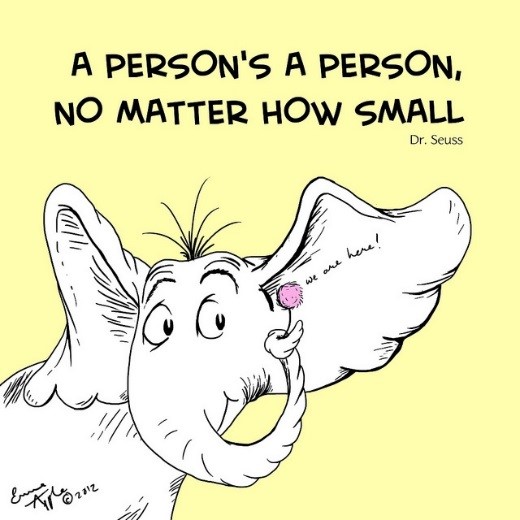“Person” Means Person In Ohio’s Dram Shop Act
 Mary Beth Klemencic
Mary Beth Klemencic
E: mbk@mrrlaw.com
It seems the Ohio Supreme Court agrees with Dr. Seuss’s Horton Hears a Who!
“A person’s a person”
The Supreme Court recently affirmed that Ohio’s Dram Shop Act is the exclusive remedy against liquor permit holders for third parties injured off-premises by an intoxicated person and excludes all other common law negligence claims against the liquor permit holder. In Nichole Johnson v. Mary E. Montgomery, et al., Slip Opinion No. 2017-Ohio-7445, the plaintiff was seriously injured in a motor vehicle accident caused by an intoxicated dancer on her way home from work after leaving the strip club where she danced and was allowed to drink while she worked.
The question before the Court was whether the strip club dancer[1] qualified as an ‘intoxicated person’ under the statute or whether the term included only club patrons. The plaintiff argued that the Dram Shop Act did not apply to intoxicated workers or independent contractors, but that the term “intoxicated person” in the Act really means “intoxicated patron.” Plaintiff claimed that since she was injured by an intoxicated worker, and workers and patrons are different, the club was responsible under the common law theory of negligence for failing to act as carefully as a reasonable person would in the same circumstances.
The twist to the plaintiff’s argument was that the club encouraged the dancers to drink on the job and accept drinks from patrons, thereby the club took on additional responsibility. However, the Justices noted that the dancers were not required to drink. The club argued the Act applies to “person(s)” no matter whether that “person” is a patron or a worker; there is no difference.
The Court concluded that the phrase “intoxicated person” in Ohio’s Dram Shop Act includes any person, including intoxicated workers or independent contractors, not just a permit holder’s patrons, whose intoxication causes an injury. “The statute is straightforward” and “does not limit the definition of “person” based on the individual’s relationship to the permit holder.” As Horton Hears A Who has told us, “A person’s a person…”
[1] The dancer paid the club $30 a night to lease space to dance and only wages received were tips from patrons. No paychecks or W-2s were provided.
